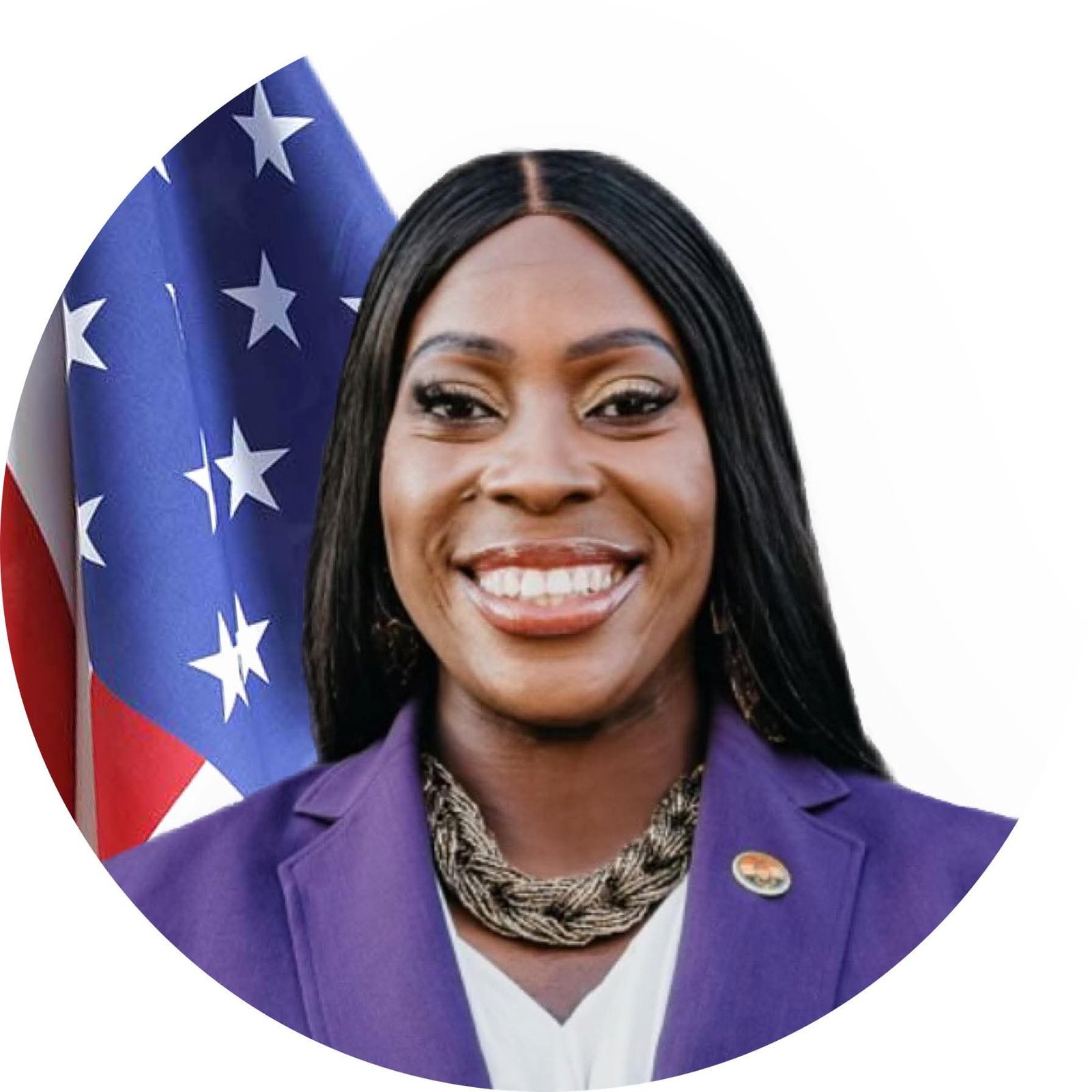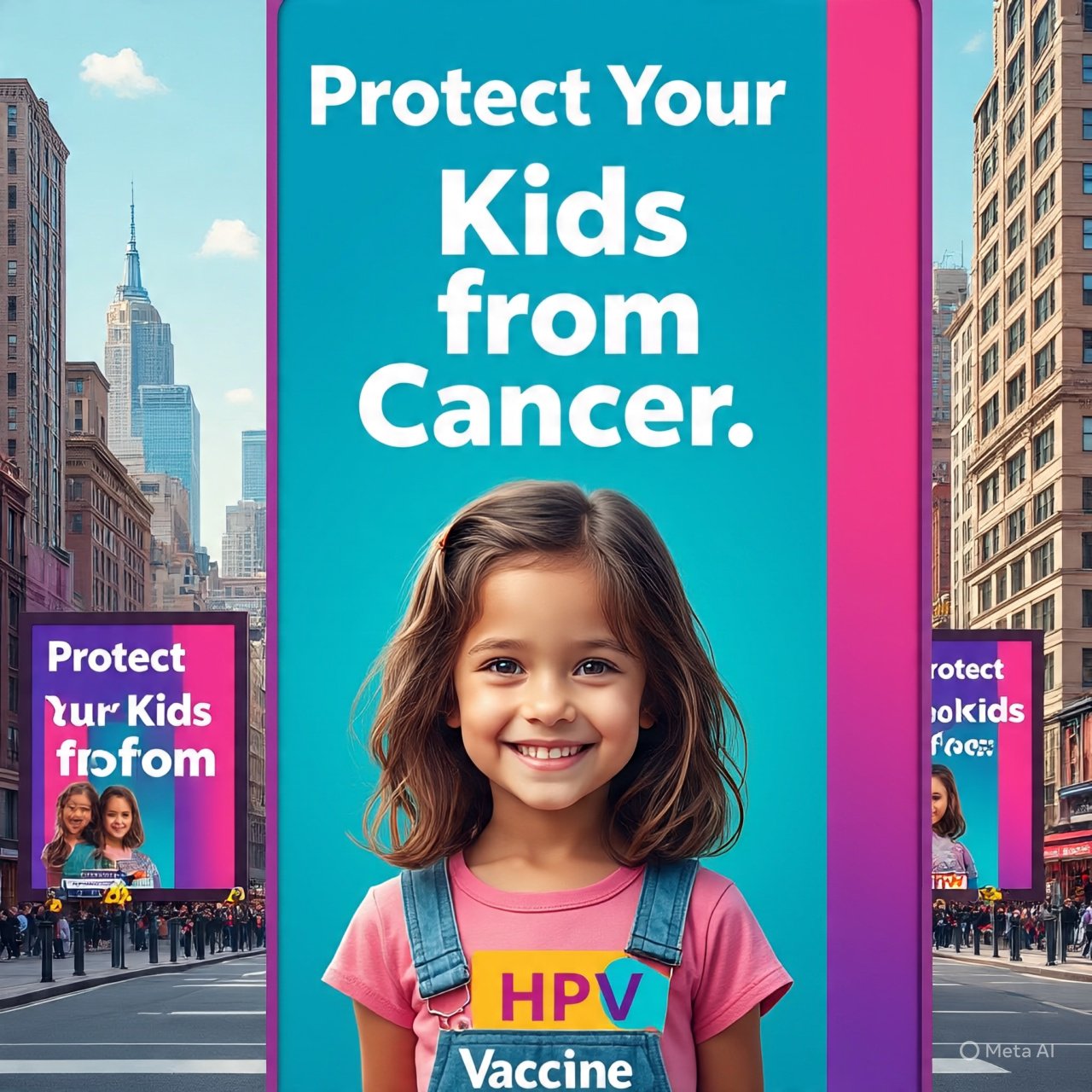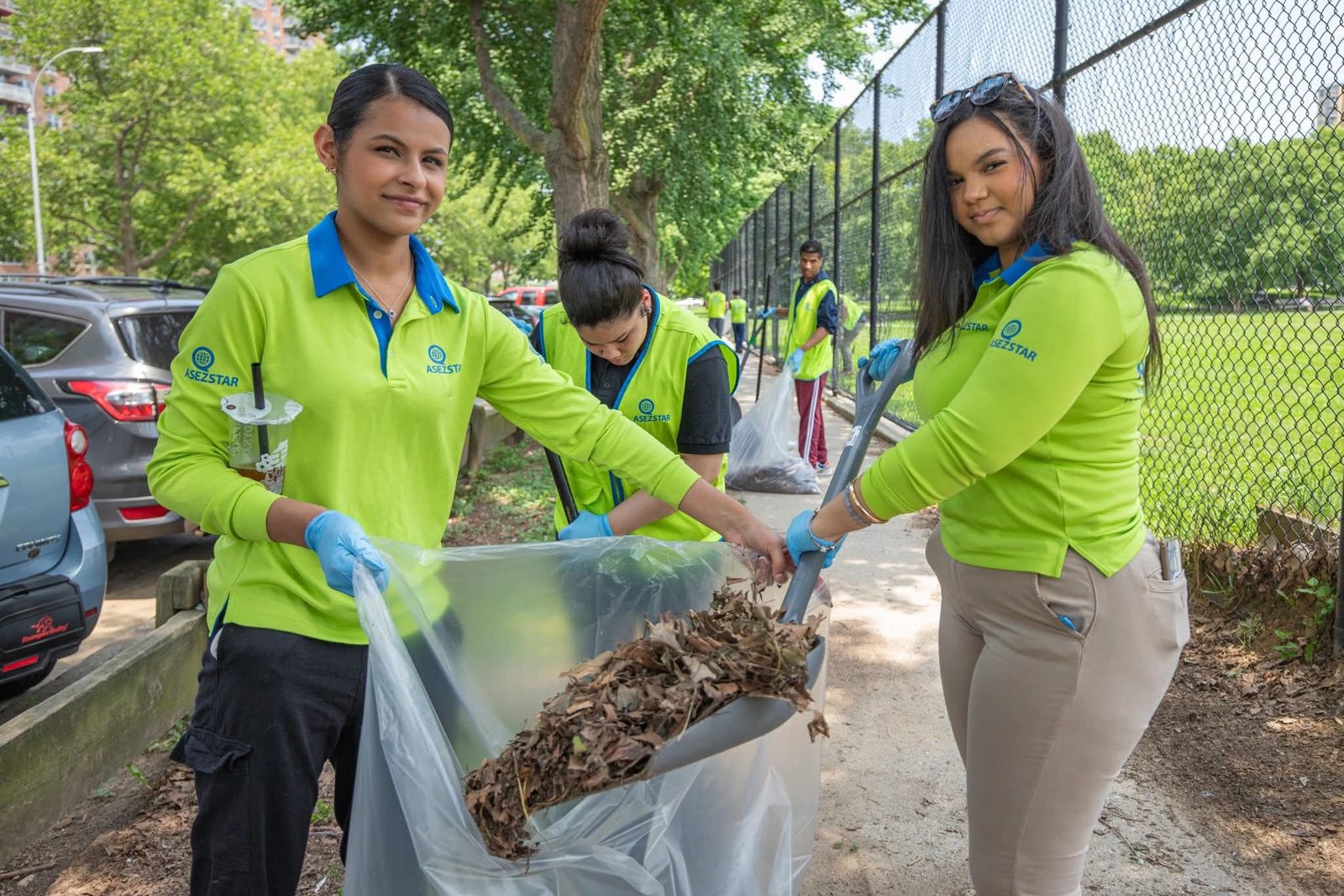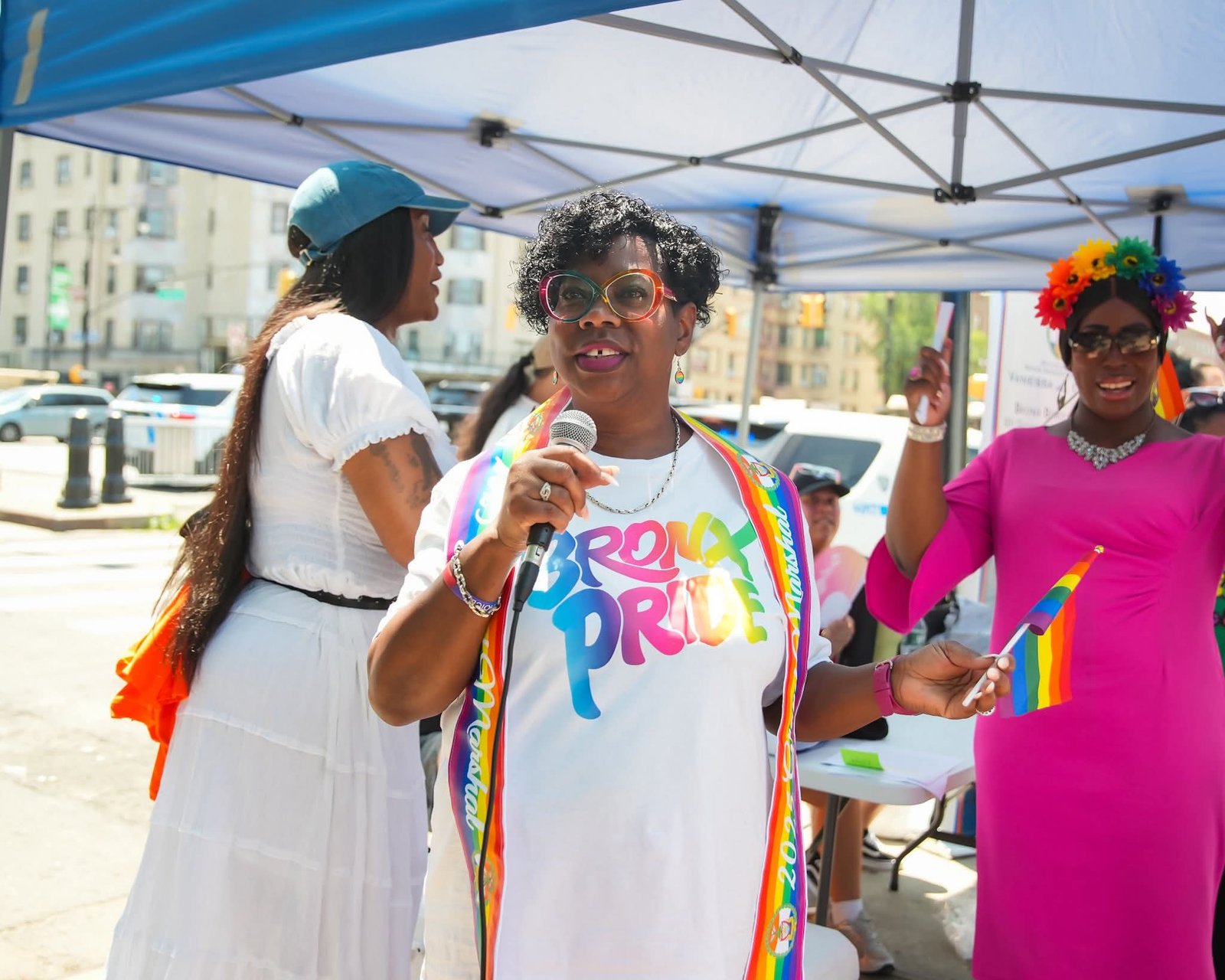
File source: Google
Amid growing concerns over the detection of H5N1 bird flu in New York City, Mayor Eric Adams and the New York City Department of Health and Mental Hygiene (DOHMH) have assured residents that the risk to humans remains low and that necessary precautions are being taken.
The announcement follows multiple positive cases of avian influenza in birds at parks, zoos, and live bird markets across the city.
“While birds in New York City have tested positive for the H5N1 virus, I want to assure New Yorkers that the risk to humans at this time remains low,” said Mayor Adams. “There are currently no reported cases of bird flu in humans in our city or state, and our health officials are working closely with the state to ensure this continues to be the case. We are taking all the proper precautions to contain this virus and limit its spread.”
DOHMH Acting Commissioner Dr. Michelle Morse echoed the mayor’s statement, emphasizing that there have been no human cases in New York and no evidence of human-to-human transmission in the U.S. She also highlighted the city’s preparedness to respond swiftly to any potential outbreak, stating: “The current risk to New Yorkers of bird flu remains low. We have not seen avian influenza develop the ability to transmit between people. The Department of Health will continue to work closely with the state Department of Agriculture and state Department of Health to ensure that live bird market staff exposed to sick birds receive essential information and receive treatment.”
As part of the city’s containment strategy, the New York State Department of Agriculture and Markets has temporarily shut down live bird markets where H5N1 was detected in the Bronx, Kings, Queens, Nassau, Suffolk, and Westchester counties. Markets unaffected by the virus must sell all inventory, undergo deep cleaning, and remain closed for at least three to five days.
Additionally, the New York State Department of Environmental Conservation is testing dead birds found in public parks to monitor the spread of the virus.
Protective Measures and Public Health Guidelines
The DOHMH has provided a set of precautionary measures for New Yorkers, especially those handling poultry or working in affected areas:
Wear protective gear (gloves, facemasks, and eye protection) when handling birds.
Wash hands regularly with soap and warm water.
Avoid contact with bird feces and contaminated surfaces.
Follow food safety guidelines, including cooking poultry to an internal temperature of 165°F and avoiding raw milk products.
Live bird market workers should monitor their health for 10 days after exposure, watching for symptoms like fever, cough, or shortness of breath.
The DOHMH is also offering free testing and antiviral treatment (Tamiflu) to live bird market workers, regardless of symptoms or immigration status.
As a collaborative response effort continues between city and state agencies, officials urge residents to report sightings of sick or dead birds and follow recommended safety measures to minimize risks.









